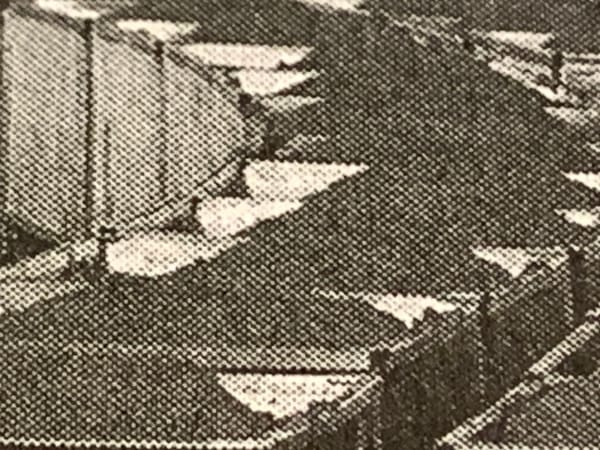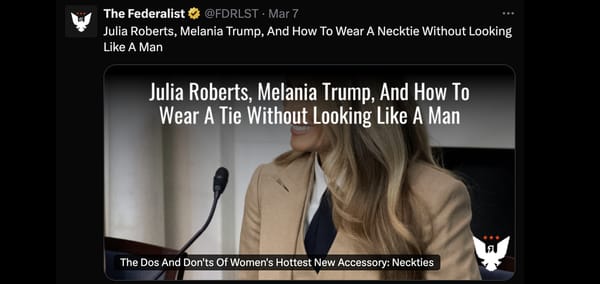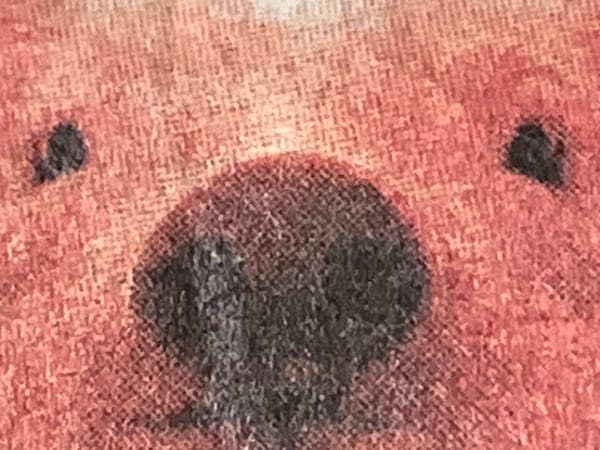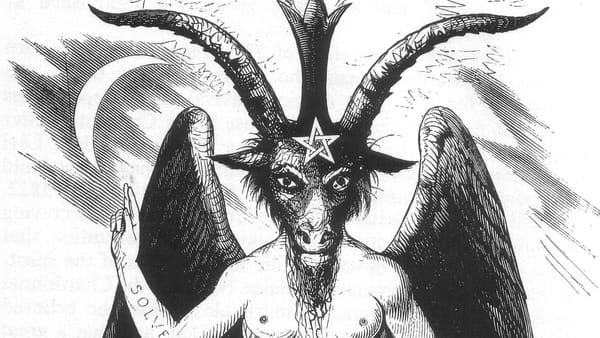Indignity Vol. 1 No. 7: Quitting Time.
SPORTS DEP'T.
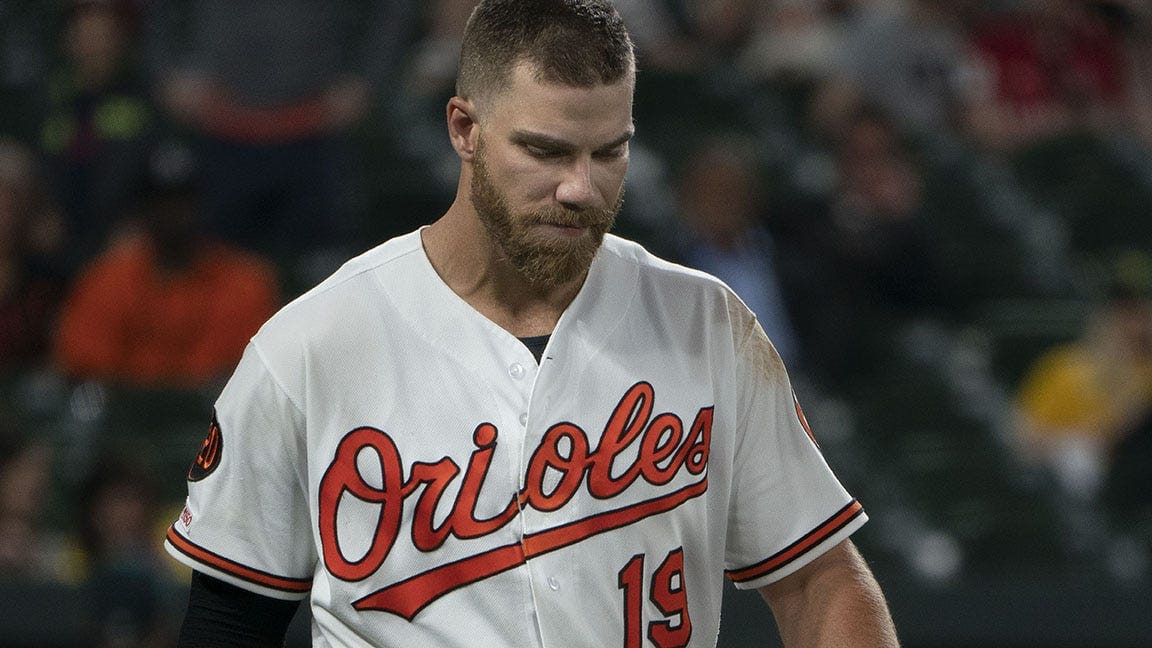
It’s Over for Chris Davis
CHRIS DAVIS RETIRED from baseball yesterday. It was a relief. He had long since stopped playing baseball, shoved out of view by the Baltimore Orioles all season, officially because of some mysterious and possibly even true constellation of injuries. His retirement announcement cited "my injury and recent hip surgery," but everybody knew that wasn't the reason; players Davis' age fight their way through prolonged injury rehab all the time, trying to get back to where they were before.
Davis retired because nobody could face the thought of his getting back to where he was before: being paid $23 million a year to wear a baseball uniform and swing a bat while being entirely unable to hit a baseball. Entirely! Chris Davis retired as one of the most spectacular failures in the history of sports. This is not a moral judgment, at all, though one of the more terrible aspects of what happened to Davis was that sports culture insisted on trying to make it one. Something had to be his fault, because the alternative was too terrible to contemplate.
Yet that was the story: One moment, Chris Davis was a two-time home run champion and the foundation of the Orioles offense; the next, he was useless. He hit 47 home runs in 2015, signed a seven-year contract for $23 million a year, hit 38 homers the next season, and then—26 homers in a year, 16 homers, 12, 0. That progression might have looked like a power fade-out, but it was something worse. He stopped hitting singles and doubles, too. He went from striking out 30 percent of the time to striking out nearly 40 percent of the time, an automatic out in the middle of the lineup, and then not even in the middle of the lineup.
From the end of the 2018 season into the beginning of 2019, he put together an unprecedented 0-for-54 streak, the worst performance by any position player in history. In a sport where even superstars are now semi-anonymous to the general public, his name was on the national news. No one had ever been as bad as Chris Davis.
There were explanations for it, or things that had the shape of explanations. Davis was suspended in 2015 for unauthorized Adderall use, then juggled medications for what he said was ADHD but which may have been the same basic inhuman grinding demand for focus that kept baseball's most beloved legends cranked up on speed through the decades. He was in his early 30s, an age when plenty of sluggers of the past lost their stroke. Defensive shifting—the once-radical move of overloading one side of the infield with fielders—became standard daily strategy, turning hard-hit singles for a hitter like Davis into outs. Jim Palmer, the Orioles' Hall of Fame pitcher turned acerbic TV announcer, accused Davis of refusing to work hard enough on adjusting his approach. A TV camera caught him staring blindly in completely the wrong place as a pitch arrived. He did have a series of nagging injuries, of the sort that collectively might cause a hitter's kinetic chain to come apart, theoretically.
But baseball is full of aging has-beens or lazy bums or head cases or people who signed a monster contract and lost their motivation. None of them had ever gone 0 for 54. Davis was in some public waking nightmare, made worse by the fact that he had always been a streaky hitter. Even at his best, when he was terrorizing pitchers, he would fall into spells of looking completely lost, when his ferocious swing could find nothing but air for a series or a week at a time—only then he would snap out of it and go on a spree, homer after homer, day after day.
How could he not believe, or at least hope, that another spree was coming, any moment now? That it would turn around, as it had always turned around before? When Davis was hitting home runs, the Orioles were a winning team—not only in the sense that they won more games than they lost, and more than they were expected to, but in the sense that they were an exciting and joyous team to follow: a collection of players whose various strengths and differences, under the careful managing of Buck Showalter, harmonized into something complete and satisfying. Everyone from the middle relievers and utility infielders to the young superstar third baseman Manny Machado seemed to be boosting everyone else.
For Orioles fans, this good news truly set in—after 14 consecutive losing seasons—on May 6, 2012, when the team faced the Boston Red Sox in Fenway Park. Machado was still down in the minors, but the Orioles had a winning record through the opening weeks of the season, and had won the first two games of a three-game series in Boston. Game three went back and forth until Boston tied it 6–6 in the eighth inning, and then it stayed tied through the ninth, and beyond, and beyond that. Davis was, as it happened, in one of his batting funks, 0-for-8 in the game as part of a spell where he went two weeks between home runs.
After the Orioles bullpen had strung together 7 scoreless innings, though, and every available pitcher was tired out, Showalter sent Davis out to pitch the bottom of the 16th inning. Throwing careful, high school–quality pitches, and with the help of his teammates gunning down the would-be winning runner at the plate, he held the Red Sox scoreless for two innings, as the Orioles hit a three-run homer in the top of the 17th to make him the winning pitcher.
It was a fable about how everything could work out if you kept trying, and that spirit carried the team through five winning seasons and three trips to the playoffs. And then it fell apart. The team went 7–22 to finish the 2017 season as losers again, with Davis batting .176 with 3 home runs and 31 strikeouts in that span. As they entered the offseason, ownership made it clear they had no desire to pay Machado, whose free agency was coming up at the end of next year, a superstar salary, and would trade him away instead.
And so, when the 2018 season began, between the open scheming to dump Machado and Davis' sudden total hopelessness at the plate, the same sort of feedback loop that made the Orioles overachievers left the whole team in free fall. Machado gamely kept clobbering the ball right up until they traded him to the Dodgers—he would finish the season tied for the team lead in home runs, despite playing only 96 games with them—as the rest of the hitters stumbled through the worst individual seasons of their careers. At the trading deadline, management dealt away every veteran player they could, acting out the roster-clearing part of a rebuilding process with no concern about whether they got back any future players in return. The team landed near the bottom of baseball’s all-time failures, with 115 losses.
Since then, the Orioles have more or less stayed down there. Guided by a new general manager picked up from the Houston Astros, the franchise embraced the 21st century sports fad for intentionally losing as many games as possible, in the name of savvy asset management—slashing payroll down as far as possible, and then slashing it some more, in the name of gathering top draft picks and developing them, on the cheap, into a team that supposedly might win someday in the future. This was why they hired the Astros guy, because the Astros had strung together multiple 100-loss seasons and then turned around to win a championship, albeit with the help of an illicit sign-stealing camera system and a pitching staff seemingly bolstered by the illegal use of glue.
Most teams that lose 100 games while claiming to aim for a successful future, however, just keep losing. No baseball draft pick, no matter how high, has ever turned a team from a loser into a champion. That's not how baseball works; the chances of a top draft pick directly becoming the best player in baseball are incredibly low, and if you put the best player in baseball on the worst team in baseball, you still have something close to the worst team in baseball. (Mike Trout's career with the Angels is basically living proof of the limits of what one player can do.)
So while Chris Davis was making a spectacle of individual failure, the Orioles were, and still are, charging major-league prices and collecting major-league revenue shares while intentionally fielding a team without a roster's worth of major-league talent. If a player did have a good year anyway, they'd dump them rather than go through salary arbitration and pay them appropriate money to match their production. When people complained, the management and the people who are fans of that style of management pointed to Davis' salary as a drag on the whole payroll, arguing that the team couldn't get better as long as it was paying so much money for no results.
This was not even true as far as Davis himself was concerned. A truly rational baseball front office would have stopped playing Davis long ago. At one low point, I checked Davis' production against the market price of wins and losses and discovered that he was approximately $23 million worse than a random unwanted slugger—a "replacement player," in baseball analysis—would have been. His salary would have been more effectively spent on nobody. He had become a negative superstar.
At least he did it honestly. It was frustrating to watch Davis fail and fail again, but only a Jim Palmer could really hold it against him. He was going through something no one had gone through before. How could anyone expect him to have an answer? In 2020, after two full years of unmitigated failure, he showed up for spring training and...he started hitting. It was such an inexplicable thing that Baseball Prospectus, in a long poetically structured feature story about the suffering of Chris Davis, left it out altogether. It was too horrible to think about: in 9 exhibition-season games, he got 7 hits in 15 at-bats, with 3 homers, 9 walks, and only 3 strikeouts. Then baseball shut down for the pandemic, and when he came back, he was as lost as ever. He collected 6 hits, all singles and doubles, across 52 at-bats and would never play again.
As of yesterday, it was official. He was gone. The Orioles, with by far the smallest active payroll in the majors, went out and lost their eighth game in a row, 6–4, to the Detroit Tigers.
Correction: Due to a fact-checking workflow error, this piece originally said the Chris Davis feature story was in The Athletic; it was in Baseball Prospectus.

CORRESPONDENCE DEP’T.
IN RESPONSE TO “The dry kind of rain” (Indignity Vol. 1 No. 5), Malcolm writes:
Edible rose petals? Sure. But the leaves? Hmm, NFW. Leaves are definitely not the same as flower petals. Good only for tea methinks.
PS: Virga is the bane of the dry wildfire-stricken west. A tease of what might have been. Promises of rain to quell the fires, instead leaving only lightning to start more.



